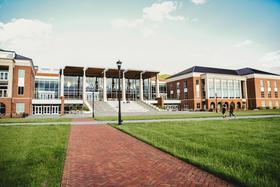Disturbingly low standards at community colleges nationwide translate to lower chances of success in the job market after college, a new study finds. Researchers discovered that although community college instructors appear to be lowering the bar for first-year students, many were unable to even meet the lower academic standards in math and literacy. This dismal picture suggests multiple layers of reform may be necessary to ensure students are ready for the professional workforce at graduation time.
Report Gauges College and Career Readiness
The new report, titled, “What does it Really Mean to be College and Work Ready?” was compiled by the National Center on Education and the Economy. The non-profit groups studies academic standards, instructional systems and assessment. Researchers looked at seven community colleges in seven states, looking at tests, textbooks and assignments given to first-year college students. Colleges were chosen at random and school size ranged from 3,000 to 30,000 students, according to Inside Higher Ed.
The study focused on popular career training programs offered by community colleges across the country, including accounting and business, automotive technology, criminal justice, early childhood education and information technology. Researchers focused on first-year students in these programs, and focus was placed on reading, writing and mathematics skills necessary to master these early college courses.
Lower Standards Still Not Met by Many Students
Researchers discovered that the bar set by college instructors in first-year courses was fairly low in terms of both reading and writing expectations. However,



















